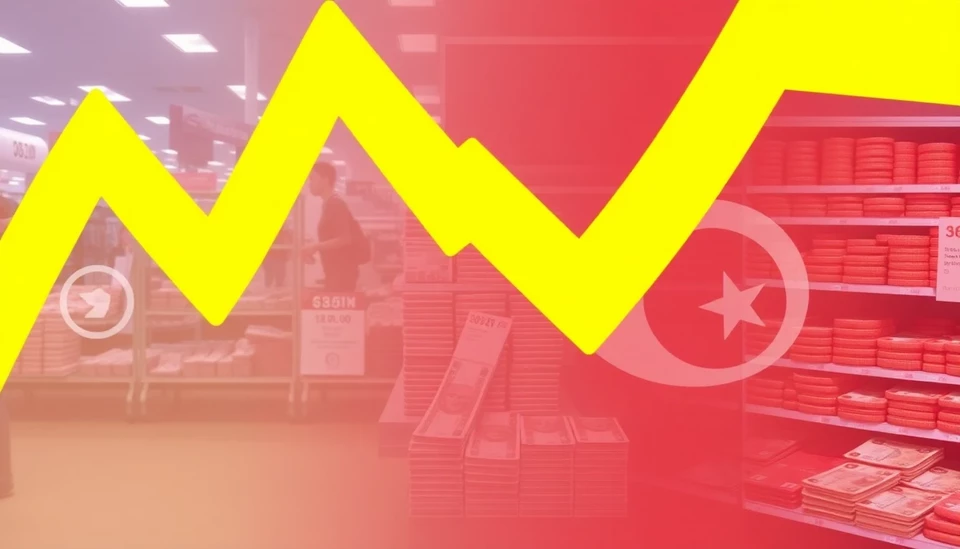
In a significant development for Turkey's economic landscape, the Central Bank of the Republic of Turkey (CBRT) has updated its inflation projections, anticipating higher rates than previously forecasted for the end of 2025. This revision underscores the ongoing challenges that the Turkish economy faces amidst a backdrop of economic turbulence and fluctuating market conditions.
The CBRT now expects inflation to reach approximately 33% by the end of 2025, a notable increase from their earlier expectation of around 25%. This has raised alarms among financial analysts and investors, who are already grappling with the implications of rising consumer prices, which have become a persistent issue in the Turkish economy.
These projections were announced in the wake of a series of economic decisions and policy shifts undertaken by President Recep Tayyip Erdoğan's administration, which has focused on easing interest rates to stimulate economic growth. However, this strategy has sparked debates about its efficacy, particularly in terms of controlling inflation.
Recent inflation figures have shown a troubling trend, exacerbated by a host of factors including global economic pressures, supply chain disruptions, and internal political challenges. Turkey's inflation rate soared to levels not seen in decades, with a current rate exceeding 40%, prompting calls for a recalibration of monetary policy.
As the central bank navigates these turbulent waters, it is expected to face increasing scrutiny regarding its policy decisions and their broader impact on the economy. Stakeholders are particularly concerned about how sustained inflation might erode purchasing power and affect overall economic stability.
The updated inflation outlook also aligns with the Central Bank's ongoing efforts to stabilize the economy while balancing growth. This delicate balancing act is critical as the bank attempts to navigate high inflation amid a dynamic global economic climate.
Market analysts are now closely monitoring the Central Bank's next moves, anticipating potential changes in interest rates and other monetary policy tools aimed at curbing inflation without stifling growth. The impact of the new inflation forecast is likely to resonate across various sectors, influencing everything from consumer spending to investment strategies.
The situation in Turkey serves as a poignant reminder of the complexities of economic management in an interconnected world, where local policies can have far-reaching consequences. As the Turkish government and its institutions strive to address these challenges, the global community watches with keen interest.
The coming months will be crucial for Turkey as it confronts the dual objectives of fostering growth while reining in high inflation. How effectively the Central Bank and the government can work together to address these economic pressures will likely define the trajectory of Turkey's economy moving forward.
In summary, the revised inflation outlook by Turkey's Central Bank reflects the difficult economic realities that lie ahead for the nation. Stakeholders and observers will be watching closely to see how these predictions impact monetary policies and consumer behavior in the near future.
#Turkey #CentralBank #Inflation #Economy #MonetaryPolicy #EconomicForecast #FinancialMarkets #ConsumerPrices
Author: Rachel Greene




